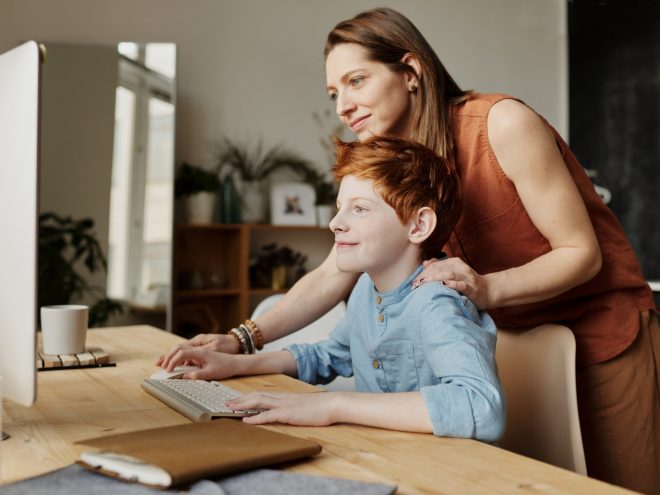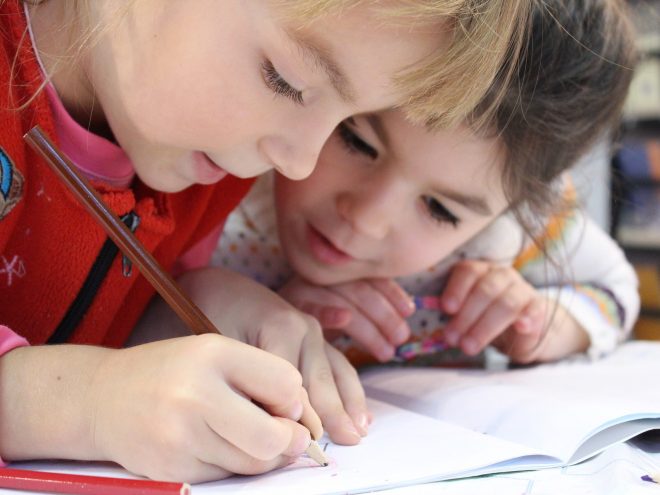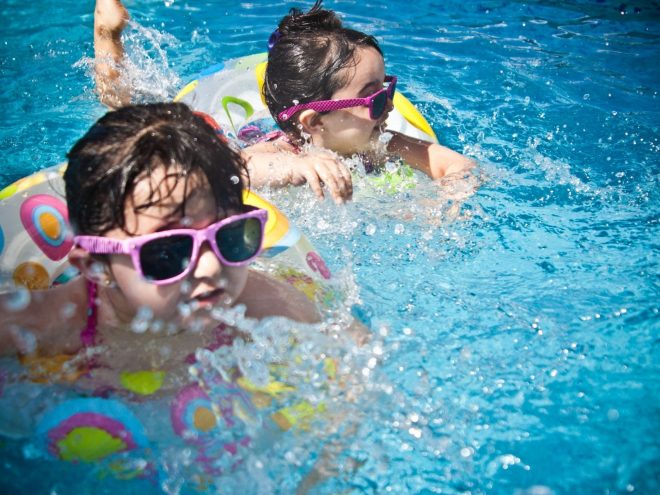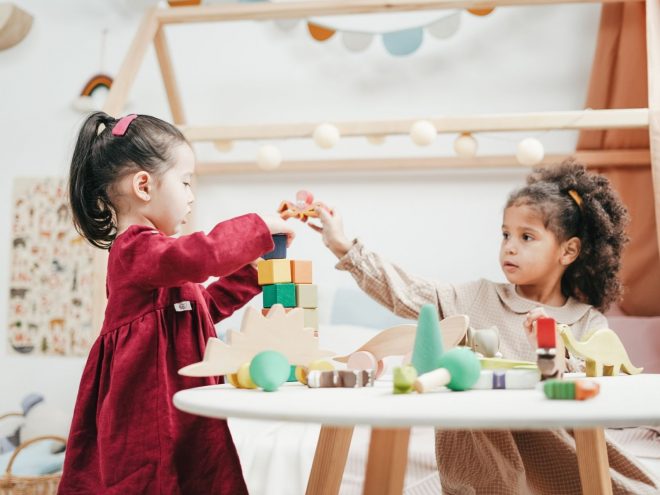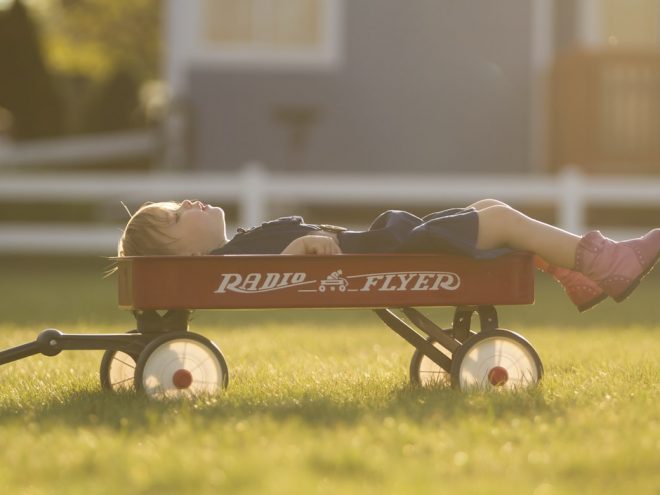Feeling anxious or afraid is a normal part of being a kid. Whether your little ones are scared to go to the dentist or try a new sport, it’s natural for them to feel uncertain about new experiences. Maybe they’ve even thrown a tantrum or ran away to escape the situation.
In these moments, it’s important to note that your kids aren’t facing any real danger. Yet, the scenario has triggered their fight or flight response, a natural reaction that actually kept our early ancestors alive. Nowadays, however, humans experience far fewer threats, but our stress response may still trigger too frequently or overact.
Because the entire process is so instinctual, it’s difficult to eliminate anxiety entirely. Instead, you can help your child learn to differentiate between real and unreal danger to better manage their symptoms. Help manage their anxiety and minimize panic with these tips.
Validate Their Feelings
How you respond to your children’s anxiety will make a big difference in how they cope with it. If you downplay their feelings or brush off their worries, they might receive the message that their emotions as wrong or bad. However, if you take time to relate and empathize with them, you’ll reiterate that it’s ok to feel anxious. Send the message that they can succeed, despite their fears, by using encouraging words and phrases.
Teach Mindfulness
Mindfulness is a practice that requires you to focus on the present moment and tune into what you’re sensing and feeling right now. Whether you close your eyes for a second or take a few deep breaths, practicing mindfulness can help you notice your feelings and respond to them calmly. The same goes for your kids.
When your little one expresses fear or anxiety, create space for observation and ask follow-up questions. How do they feel? What kinds of thoughts popped up during their mindfulness exercise? Often, simply observing and voicing these things will pull them out of an anxious tailspin so they can be less reactive and more responsive in the moment.
Reframe Negative Thoughts
Like adults, children are prone to negative thought patterns. Eventually, discouraging self-talk can cause anxiety and erode their self-esteem. Mindfulness can help them notice these shifts, but parents must then challenge and change them for the practice to be fully effective.
Once you pinpoint a negative thought, assess the evidence behind it. If their anxieties are unfounded, help them reframe the situation as an opportunity to experience something exciting and new. Teaching your littles how to treat themselves with kindness using healthier self-talk will inspire self-reassurance, regulation, and confidence.
Take the Next Step
Anxious children may go to great lengths to avoid their fears. Although it might be terrifying, facing their fears is all part of growing up and will actually help resolve anxiety in the long run. Take a stepladder approach and encourage them to do something moderately scary. Then, they can take the next step and keep going if they feel comfortable. All they have to do is take that first tiny leap of faith.
Discuss Worst-Case Scenarios
When all else fails, let your kids imagine worst-case scenarios when they’re afraid to visit an unfamiliar place or try something new. Maybe they’ll drop a fly ball at the baseball game tomorrow. Perhaps it’ll rain all day and they won’t get to play at all. Even in these situations, the worst thing that could happen isn’t all that terrible.
Discuss how they might respond to these and other potential scenarios. How many can you think of? After considering all the potential hazards, your children might realize that the chances of something good happening far outweigh the odds of something bad.
Check Your Parenting Style
Some parenting styles can actually make your children’s anxiety worse, so it’s important to reevaluate yourself often. For instance, an authoritarian style that involves yelling and shaming will only feed into kids’ fears and self-doubt. Exposure to parental aggression can also increase anxiety levels and depressive symptoms.
Parents with an authoritative streak might have the most luck with helping their kids manage anxiety. This style provides guidance while also allowing kids to deal with life’s day-to-day troubles. Thus, kids get to use their coping strategies and build resilience, which will help them succeed well into adulthood.
Facilitating Self-Regulation
Giving your child the tools to manage their anxiety will ultimately teach them emotional self-regulation. As they learn to notice the signs and symptoms of apprehension or panic, they’ll understand other emotions better, too. Once they’re familiar with how these emotions arise in their bodies, they can manage their response and minimize triggers.
Of course, facilitating such a high level of self-regulation will take practice, so be patient with yourself and your kids. Perhaps you could use this time to tap into your emotions, too. You are your children’s biggest role model, so don’t forget to prioritize yourself while also investing in your kids.
